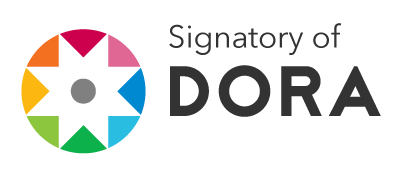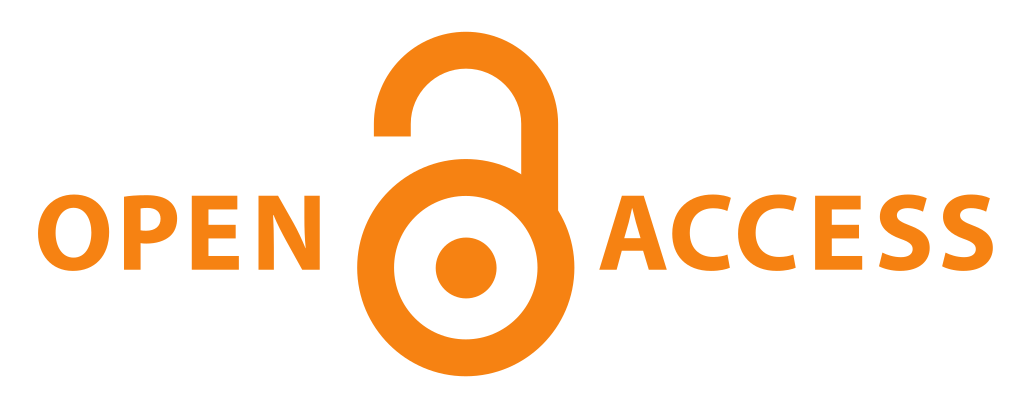¿How much influence does the international agenda have over the Central American educational systems?
A theoretical framework
Keywords:
educational reforms in Central America, educational sociology, political economy, globalization, ideological hegemonyAbstract
This essay proposes a theoretical framework to analyze the international input on Central American educational reform processes in the early 90s, in light of the political and cultural background in the region. The framework is based on a dialogue between the critical international and cultural perspectives of political economy applied in studies of educational sociology, in order to understand the influence that international agencies and their respective educational agendas have on educational reform processes in each national historical setting. The essay sustains that this theoretical analysis helps to understand how globalization, mainly understood as global capitalism, interacts with the national educational systems as a part of the nation state; and also, the power relations between different national agents, and their capacity to produce, thru educational reform process, an ideological hegemonic vision of society and ideal citizenship according to a country’s ideas of class, ethnicity, gender and religion.
References
Apple, M. (1979). Ideología y currículo. Routledge & Kegan Paul. Ediciones Akal, S.A., 1986, 2008, para la lengua española, traducción de Rafael Lassaletta.
Apple, M. (1993). The politics of official knowledge: Does a national curriculum make sense? Teachers College Record, 95 (2), 222-241. Por Teachers College, Columbia University.
Apple, M. (1993b). Thinking ‘Right’ in the USA: Ideological transformations in an age of conservatism. In Schooling Reform in hard times (pp. 49-62). London & Washington, D. C.: The Falmer Press, member of Taylor & Francis Group.
Bonal, X. (1998). Sociología de la educación: una aproximación crítica a las corrientes contemporáneas. Barcelona: Ediciones Paidós Ibérica, S.A.
Dale, R. (1999). Specifying globalization effects on national policy: A focus on the mechanisms. Journal of Education Policy, 141, 1-17.
Dale, R. (2000). Globalization and education: Demonstrating a ‘common world educational culture’ or locating a ‘globally structured educational agenda’? Educational Theory, 50(4), 427-448.
Danemark, B., Ekstriöm, M., Kakobsen, L., & Karlsson, J. (2016). Estructuras sociales y acción humana. In Explicando la sociedad, el realismo crítico en las ciencias sociales (pp. 113-150). El Salvador: UCA Editores. Traducción, Mario Zetino Duarte.
Edwards, B. (2014). ¿Cómo analizar la influencia de los actores e ideas internacionales en la formación de políticas educativas nacionales? Una propuesta de un marco de análisis y su aplicación a un caso de El Salvador. Archivos analíticos de políticas educativa, 22(12).
Edwards, B. (2018). Critical international political economy and mechanisms/pathways of influence (Unpublished PhD. thesis). University of Hawaii, Department of Educational Foundations. Capítulo 3, tesis doctoral. Author’s Proof.
Gramsci, A. (1971). Selections from the prison notebooks. London: Lawrence & Wishart. Edites and translated by Quentin Hoare and Geoffrey Nowell Smith, ElecBook, London 1999.
Jessop, B. (2016). The state as a social relation. In The State, past, present, future (1st ed., pp. 53-90). Malden, USA, & Cambridge, UK: Polity Press.
Jessop, R. (2008). Capitalismo y tipo de estado capitalista. In El futuro del estado capitalista. Madrid: Los libros de la catarata.
Massey, D. (2006). Space, time and political responsibility in the midst of global inequality. Erdkunde, Germany, 89-95.
Miranda, G. (2006). Gramsci y el proceso hegemónico educativo. Revista Electrónica Educare, Universidad Nacional; Heredia, Costa Rica, IX (2), 13-39.
Morales Ulloa, R., & Magalhaes, A. (2013). Visiones, tensiones y resultados. La nueva gobernanza de la educación en Honduras. Education Policy Analysis Archives/Archivos Analíticos De Políticas Educativas, 21, 1-20. Arizona State University, Arizona, Estados Unidos.
Moutsios, S. (2010). Power, politics and transnational policy-making in education. Globalization, Societies and Education, 8(1), 121-141. Publisher Routledge.
Naderveen Pieterse, J. (2009). Globalization as hybridization. In Globalization and culture (pp. 45-65).
Robertson, S., & Dale, R. (2013). The social justice implications of privatization in education governance frameworks: A relational account. Oxford Review of Education, 39(4), 426-445. Publisher Routledge.
Robinson, W. (2007). Theories of globalization. In The blackwell companion to globalization (pp. 125-143). Australia: Blackwell Publishing.
Tarabini, A., & Bonal, X. (2011). Globalización y política educativa: los mecanismos como método. Revista de Educación, 235-255. Retrieved 2011.
Torres Rivas, E. (2007). La piel de Centroamérica, una visión epidérmica de setenta y cinco años de su historia (1st ed.). San José, Costa Rica: Flacso.
Verger, A., Fontdevila, C., & Zancajo, A. (2016). The political economy of global education reform. In The privatization of education, a political economy of global education reform (pp. 15-34). New York: Teachers college press.
Downloads
Published
Versions
- 25-06-2020 (1)
- 12-11-2018 ()
How to Cite
Issue
Section
License

This work is licensed under a Creative Commons Attribution-NonCommercial-NoDerivatives 4.0 International License.








